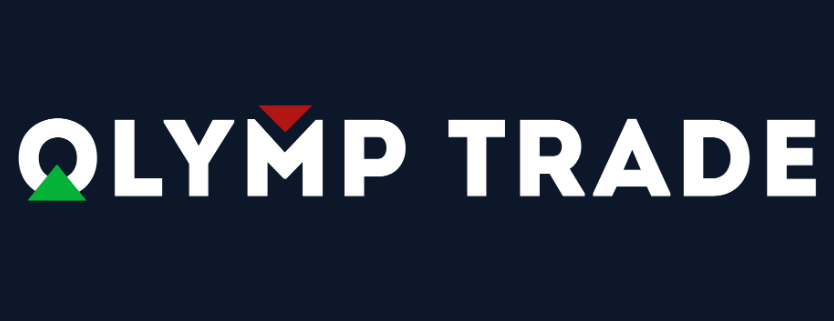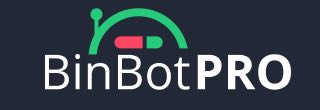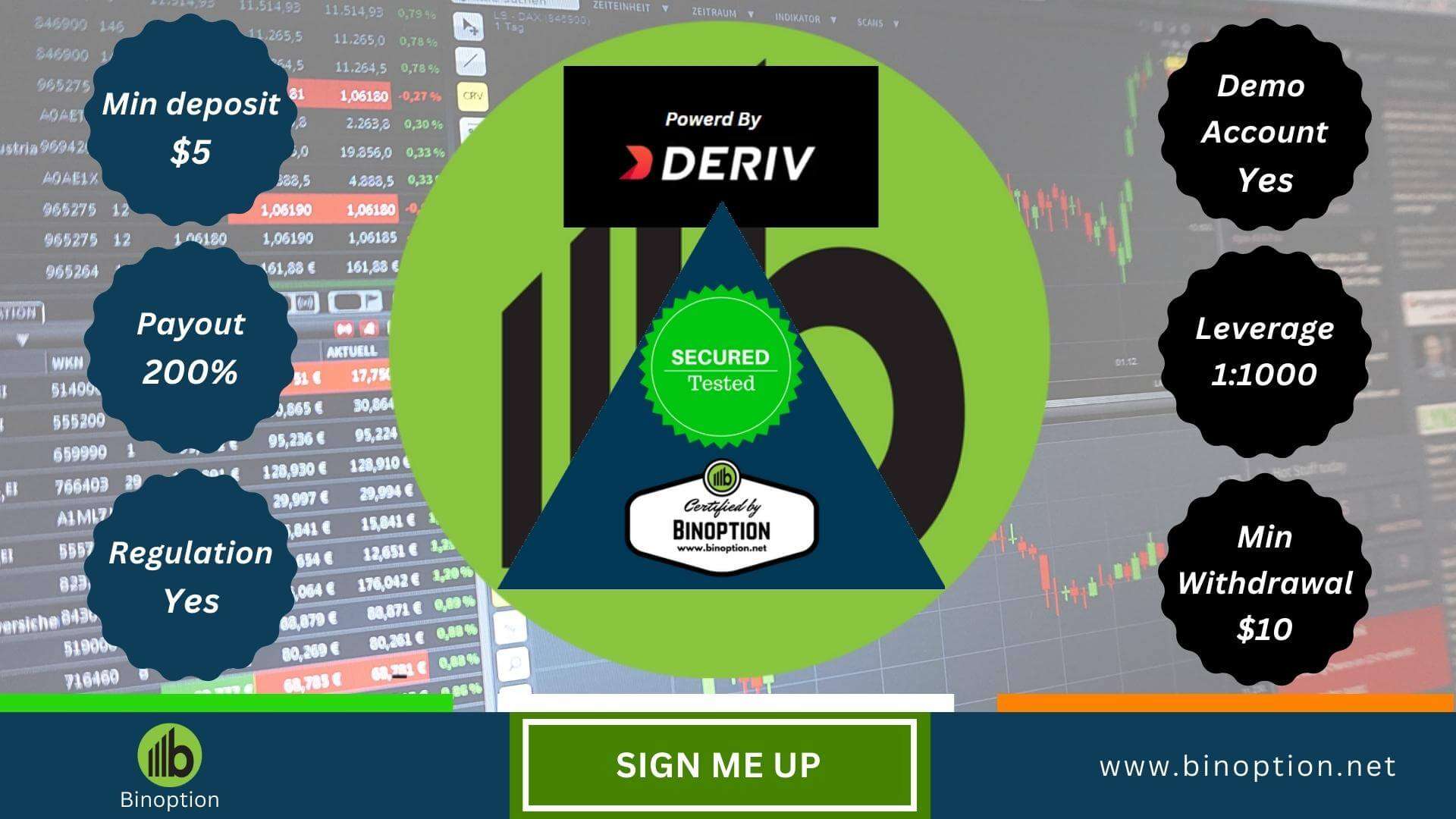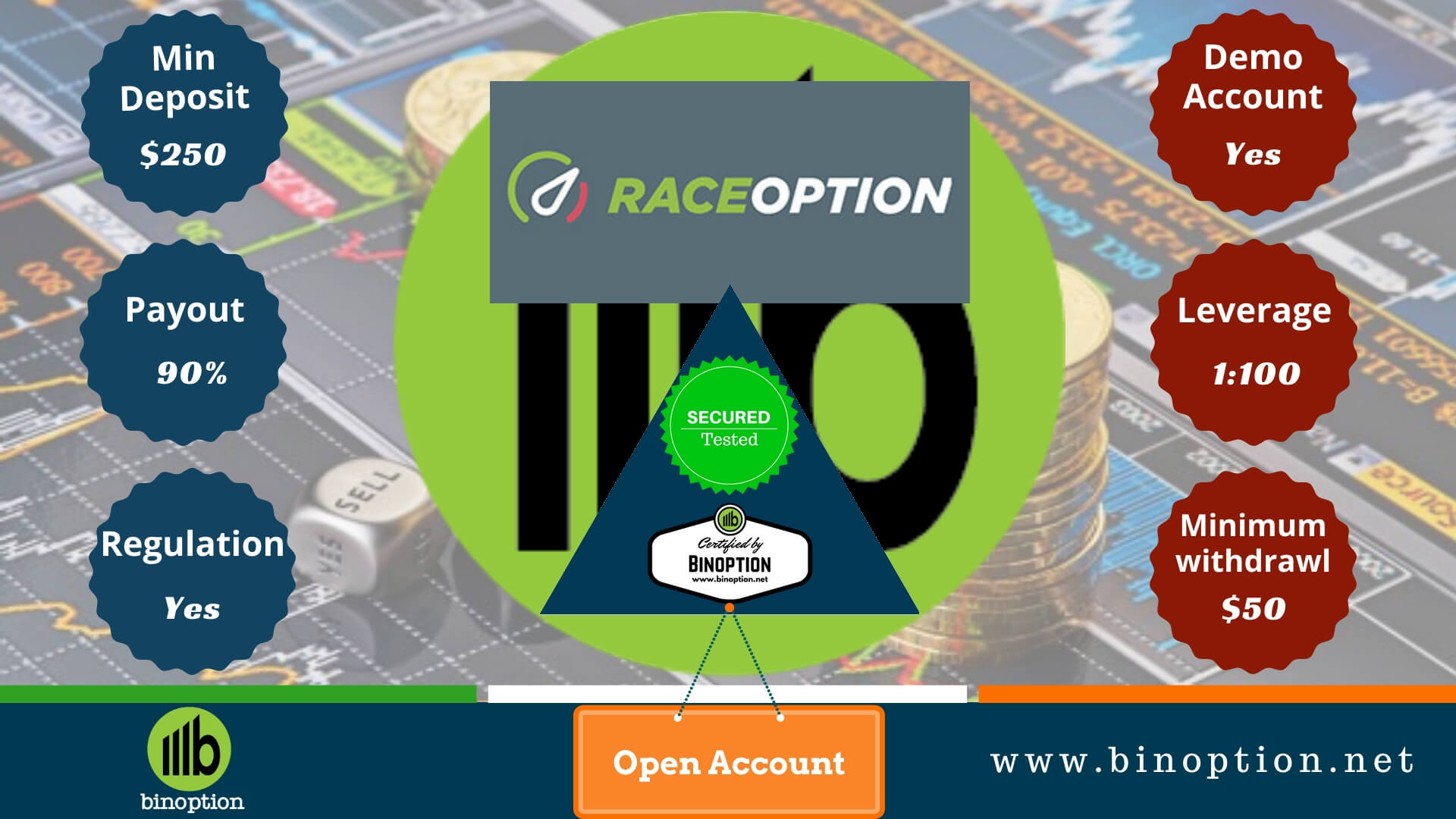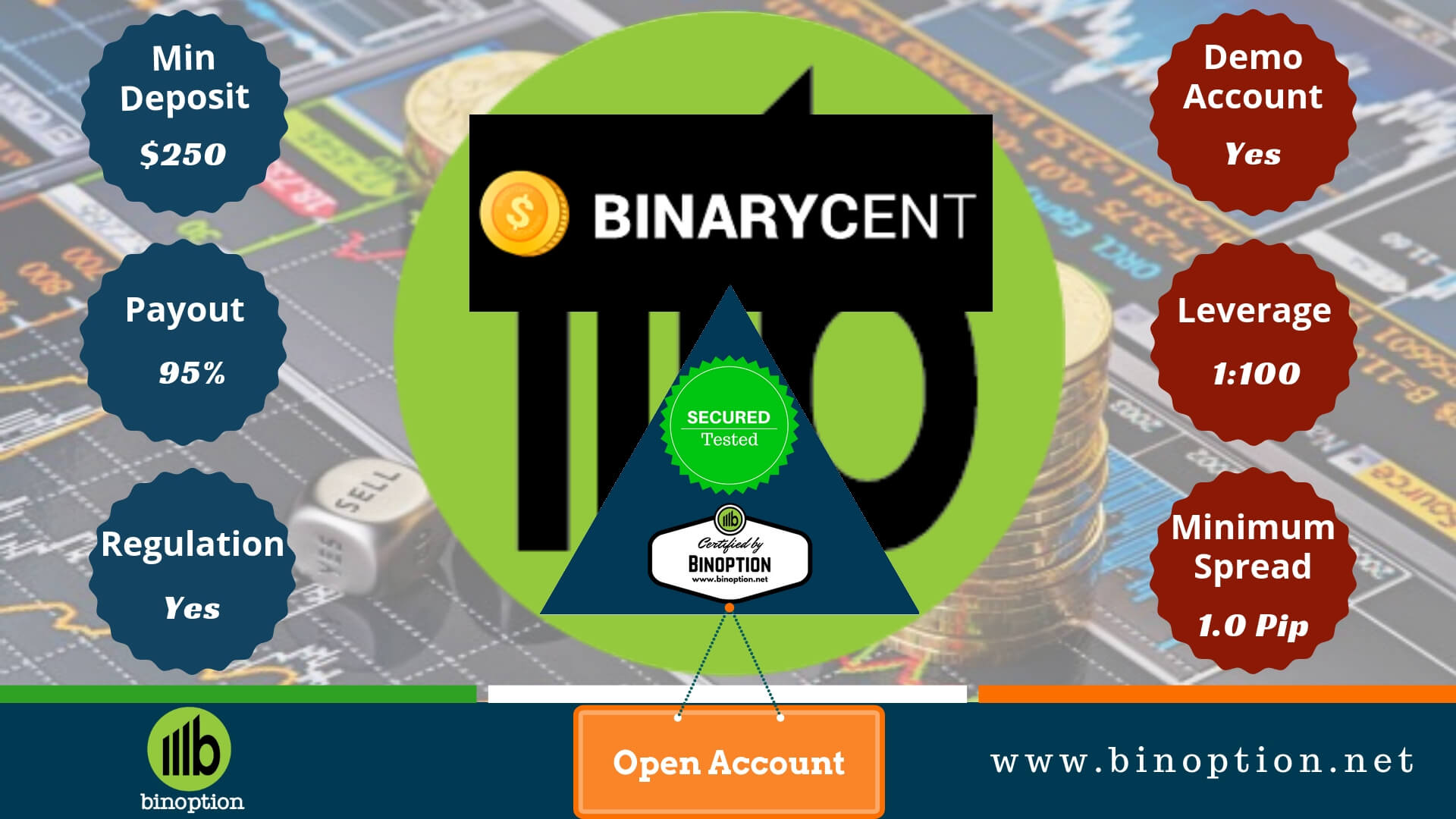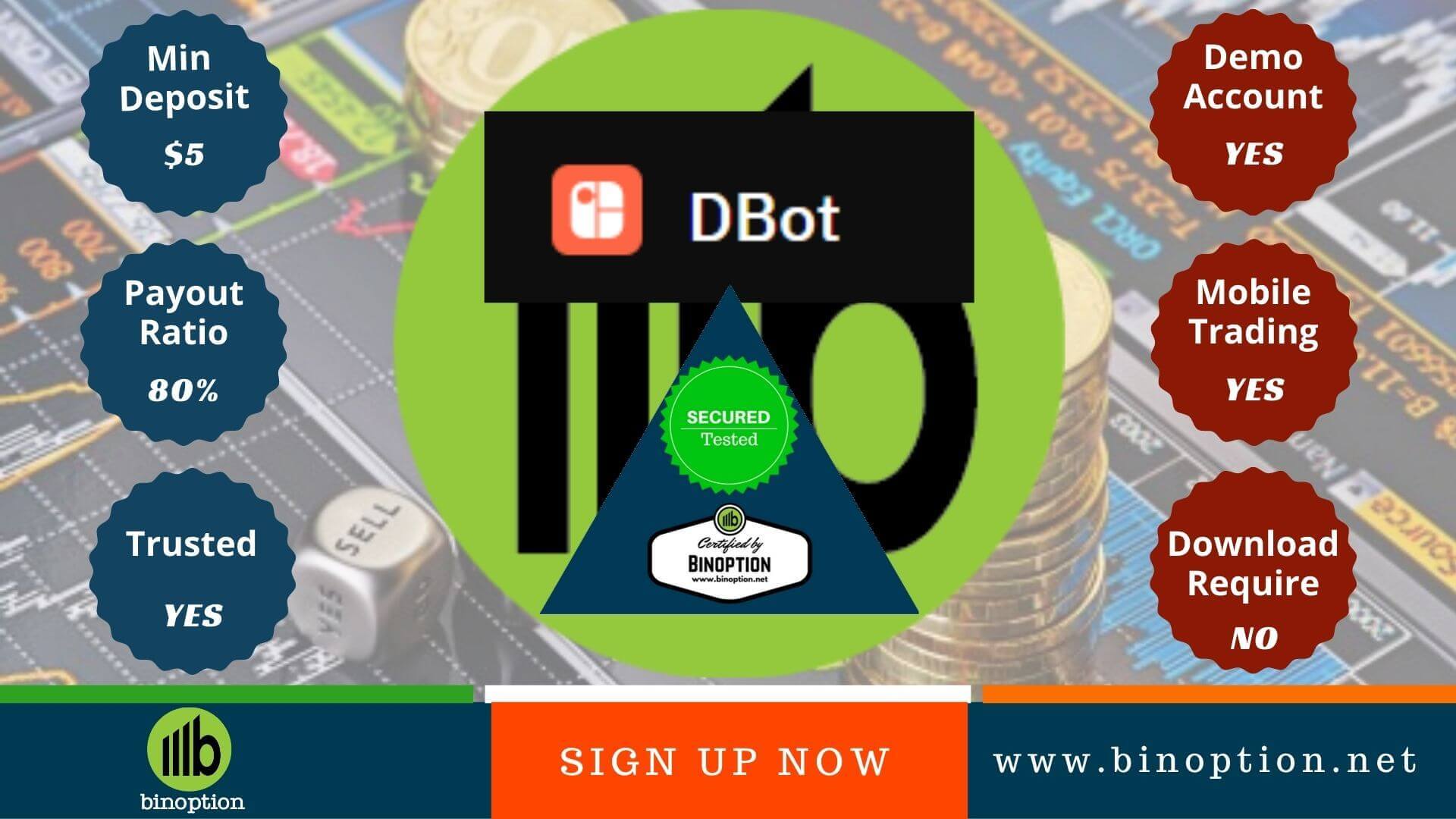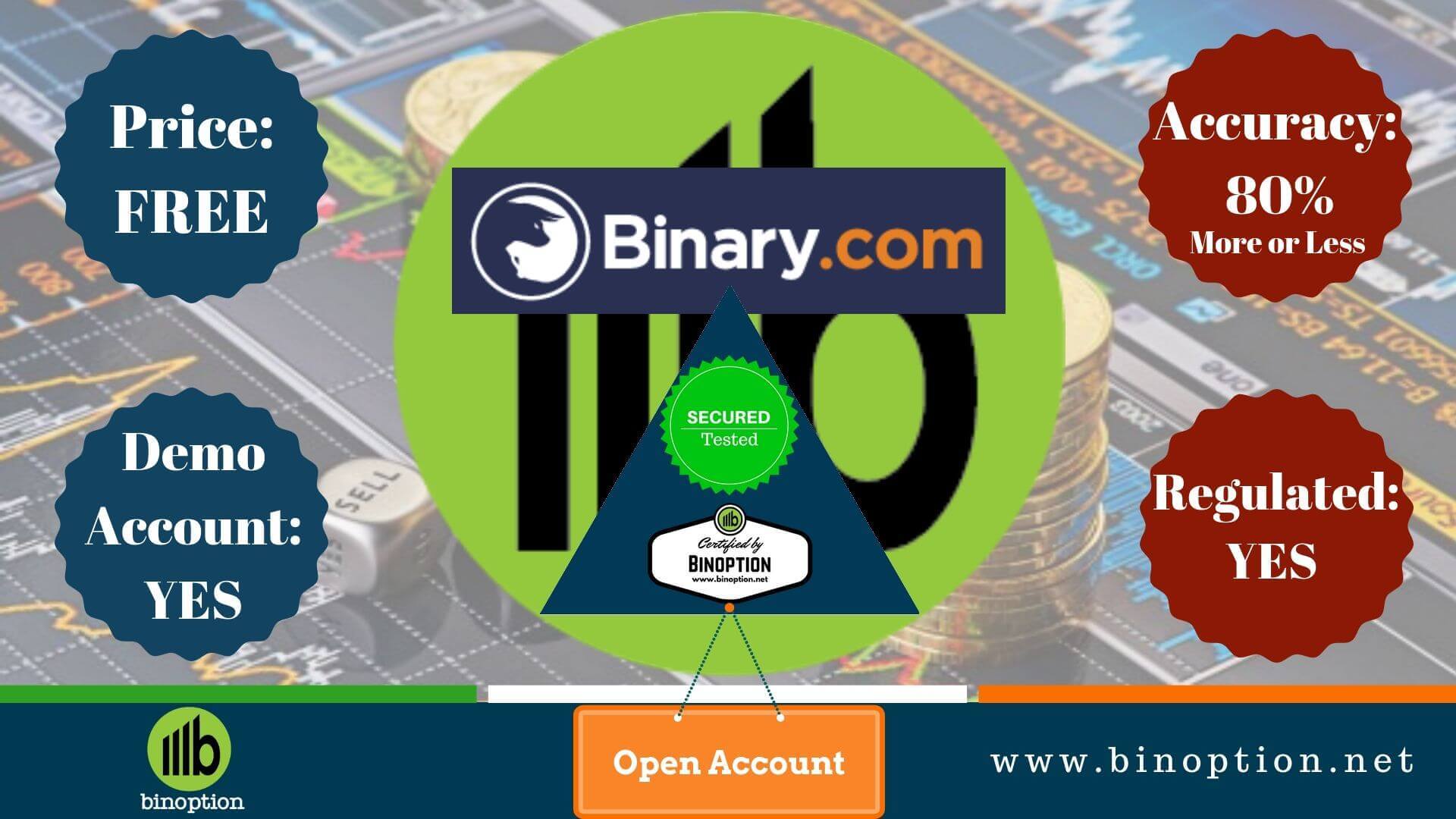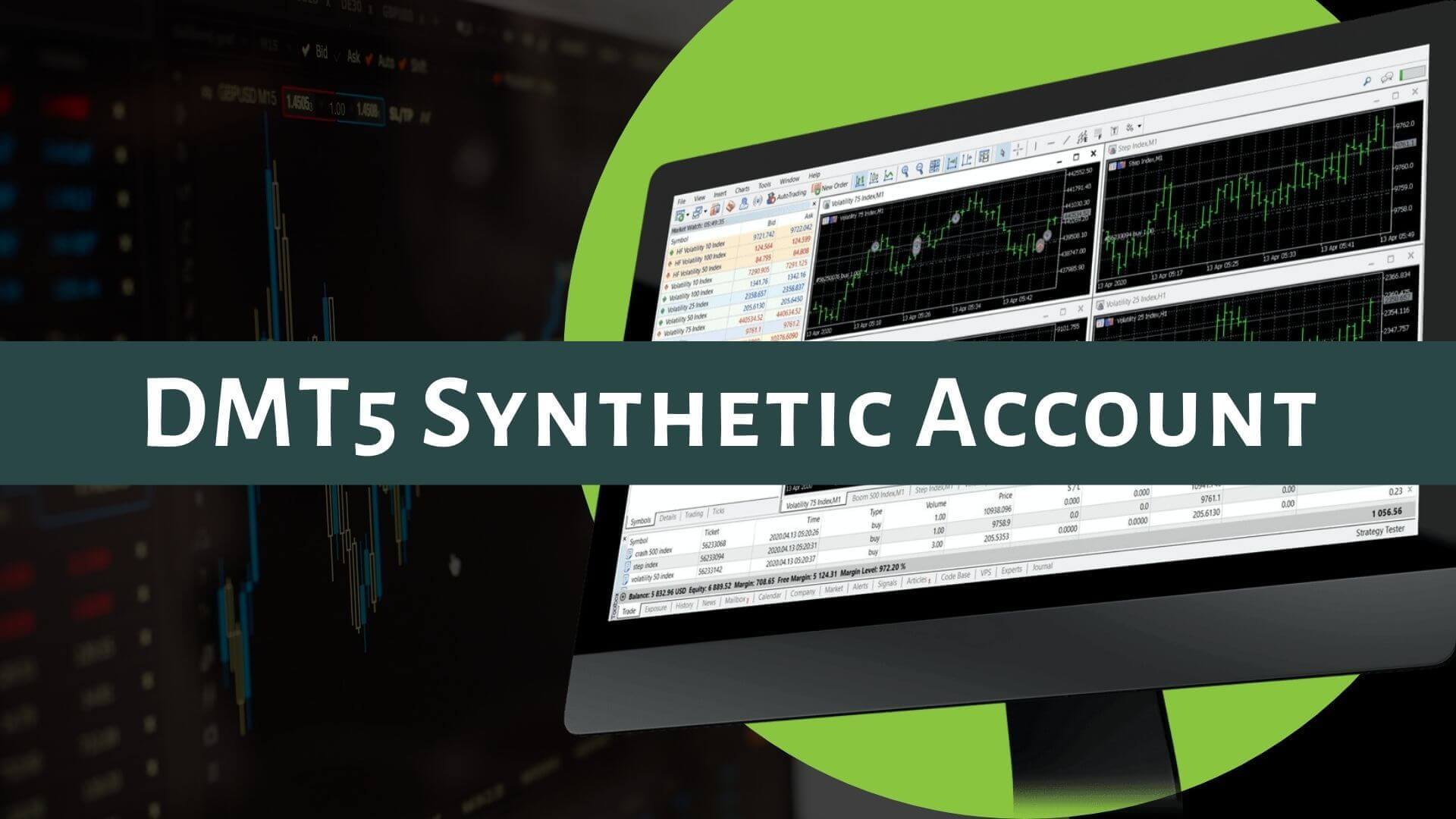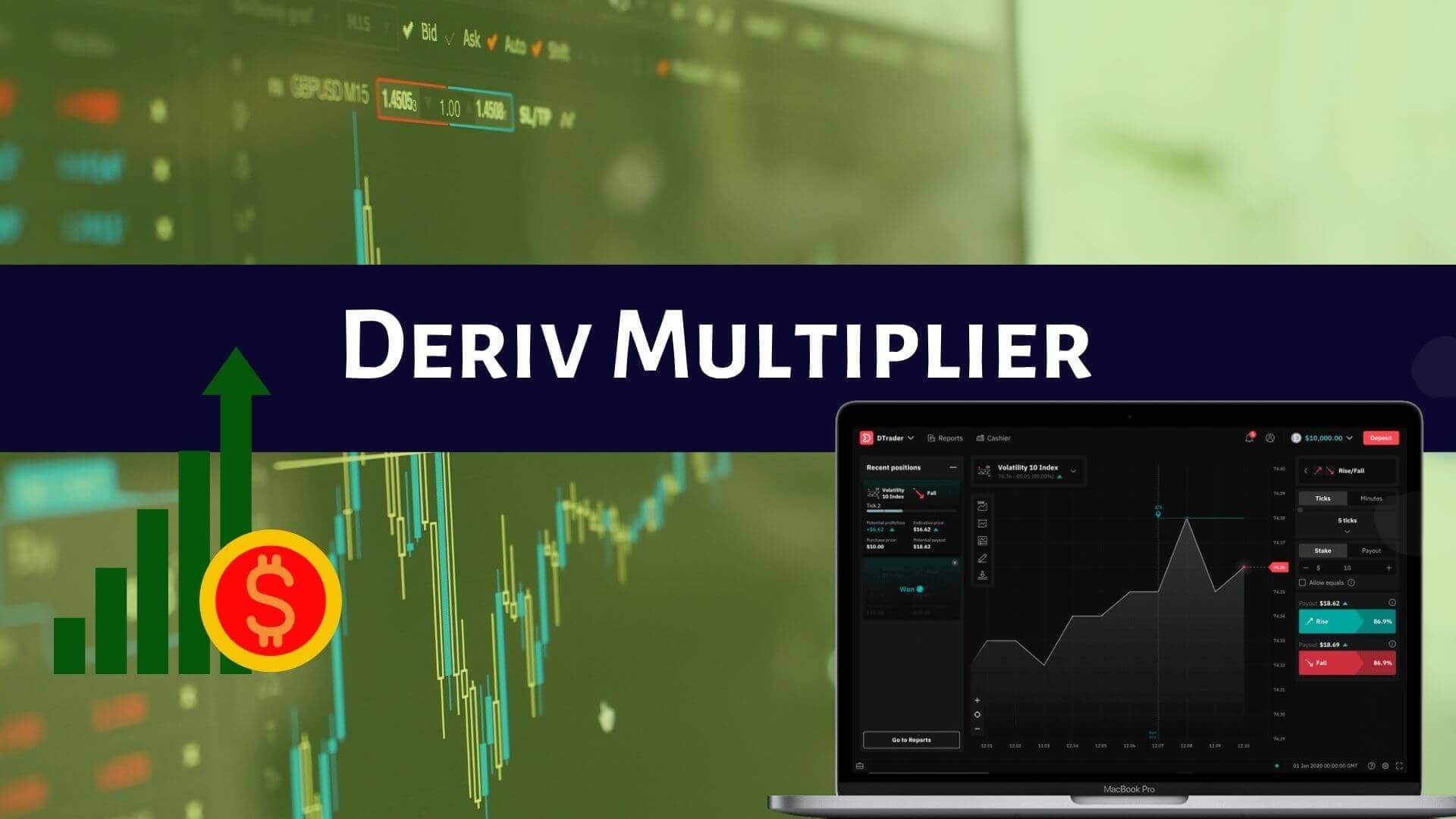Difference Between Various Option Types - Vanilla vs Binary vs Digital Options
There are different types of options and each has some unique characteristics. We have the regular ‘vanilla options’, and then there are others like binary options and digital options.
In reality, there are other exotic options too but we will focus on these three types of options as they are the most traded. Options are preferred over other trading instruments due to their simplicity in trading and ease of getting started.
We will now describe each option type in detail so you can distinguish between their features. Knowing this will help you determine which one to trade. Ultimately, choosing your preferred option type boils down to your trading preference.
Let’s start with vanilla options.
Vanilla Options
These are also referred to as classic options as they offer traders no extra features or characteristics and hence the term ‘vanilla’. These are the simplest type of option and the first option type among the rest to be traded.
They are not customizable as others, and hence, different option types were developed for specific needs, and they are more complex than classic options.
Vanilla options give the trader the right to buy or sell an asset at a set price at a certain date. This set price is known as the strike price. The strike price is the price at which both the buyer and the seller agree to exchange the asset.
As a trader, you can buy or sell the underlying asset depending on the market movement of the asset. If you think its price will increase, you will buy the asset, and if its price will decline in the near future, you will sell the asset.
To buy an asset, you need a call option, and to sell an asset, you need a put option. Keep in mind that call-and-put options give you the right, not the obligation, to buy or sell the underlying asset.
Note that you can either buy or sell these options. To buy an option, the buyer has to pay the seller an amount. This amount is known as the premium and is the only risk that is borne by the buyer. But the seller carries unlimited risk. The premium amount increases with time and volatility.
The payout in vanilla options is variable. It depends on the underlying price of the asset.
The buyer is known as the holder and the seller is also known as the writer. Every options contract has an expiration date. The latest date on which the option can be exercised is known as the expiration date.
Vanilla options are quite popular in the U.S. Here, the American style of options is followed. You can exercise your option on any day before the expiration date. While the European style of option trading allows you to exercise your options only on the day of expiration.
Typically, vanilla options expire once a month.
These are the basics of Vanilla options. Let’s explore binary options now.
Binary Options
Binary Options are referred to as ‘all-or-nothing’ options. Binary means either 0 or 1. And here, it implies two outcomes. You are either “in the money”, or “out the money”. You either win a payout or gain nothing.
Here, the payouts are known beforehand and do not depend on the underlying price, like in the case of vanilla options.
This makes binary options simple and easy to execute. In binary options, there are call and put options too and serve the same function.
In a call option, you are “in the money”, when the market price of the asset is above the strike price, and in put option, you are “in the money” when the market price of the asset is below that of the strike price.
Depending on your market analysis, you will choose either buy or sell the underlying asset. Keep in mind that the strike price of the asset is fixed.
Your payout depends on the payout percentage of the asset. This is determined by your broker and the type of asset you choose for trading.
The asset range in binary options quite varied. You can trade anything from forex pairs to cryptos to indices, commodities, stocks, and more as binary options.
Binary Options are neither European nor American options in nature, unlike vanilla options. All binary options is concerned with is the fixed payout.
Another major difference between these two is the expiration time. Like mentioned above, vanilla options expire once a month. On the other hand, binary options have varied expiry times ranging from a few seconds to many months.
This offers traders more flexibility in deciding how long their trades should last. This is not possible with vanilla options unless you are trading American style options.
Binary options are quite popular in Europe and there are regulatory bodies like CySEC which now regulate the binary options broker operating in Europe.
Now that we are done with the differences between these two option types, let’s take a look at another option type which is known as digital options.
Digital Options
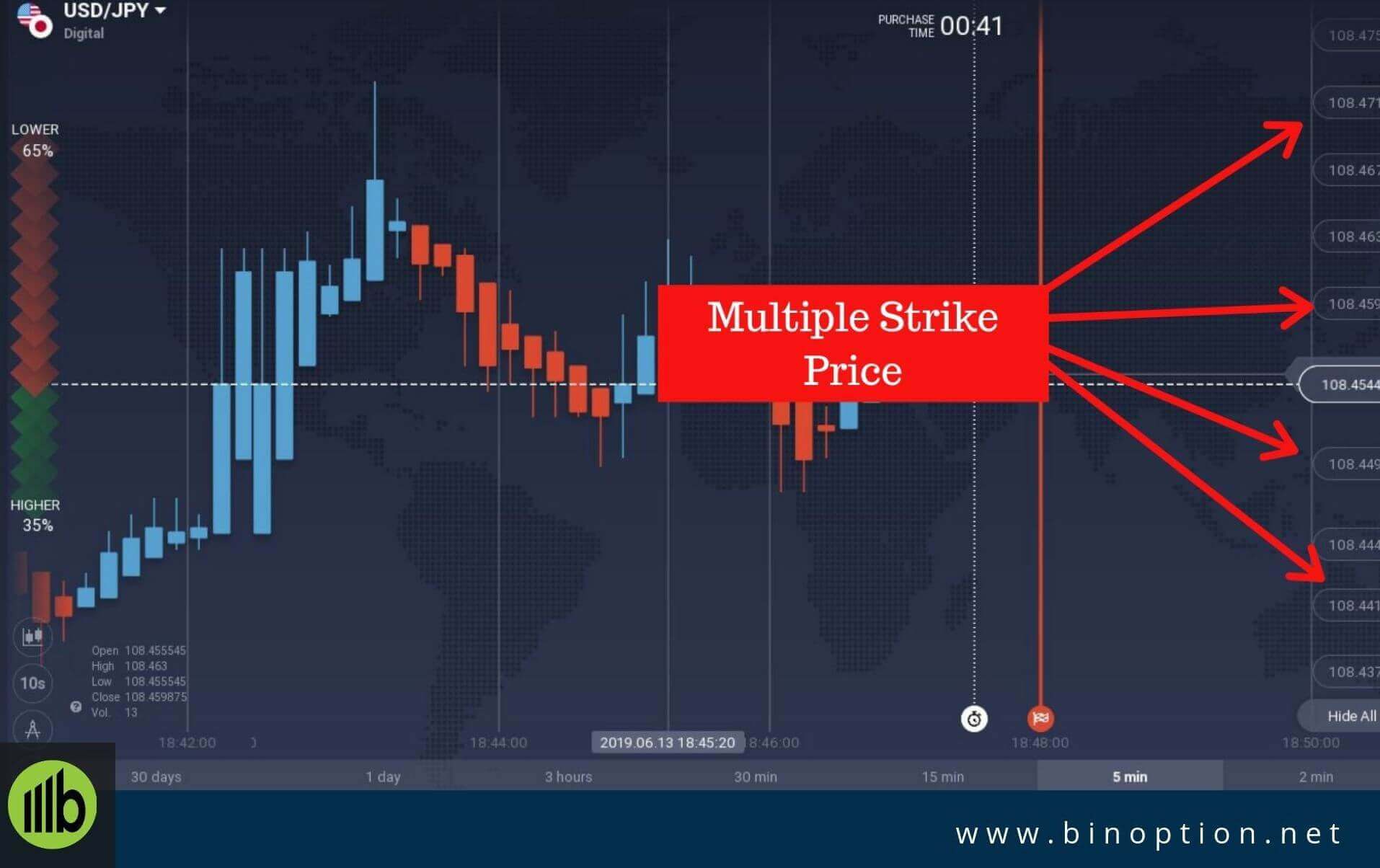
Digital Options are a relatively new type of options that were introduced in the market by IQ Option and now Olymp Trade and other brokers provide it as well.
Digital Options combines the features of binary options and classic options into one and provide traders an attractive proposition.
The striking difference between digital and binary options lies with the strike price. In binary options, the strike price is fixed. In digital options, the strike price is variable and can be chosen by the trader.
The farther the strike price is away from the market price, the profit potential and risk increases as well. This allows of multiple levels of risk exposure to traders and thus caters to all kinds of trader.
The payout in digital options is far more rewarding than binary options. The profits reach up to 900% with digital options and so does the losses. This makes them 10 times more rewarding and riskier than binary options.
Another feature of digital options that makes them similar to classic options is that they can be sold before the expiration date. This will help traders manage their risk better.
There are other exotic option types such as barrier options, Asian options, Bermuda options, basket options and many more, but our focus was to touch on the most popular types of options that are traded.
Now that you know the difference between these option types and know the distinctive features of each, you can choose which one suits your trading style and trade them.



